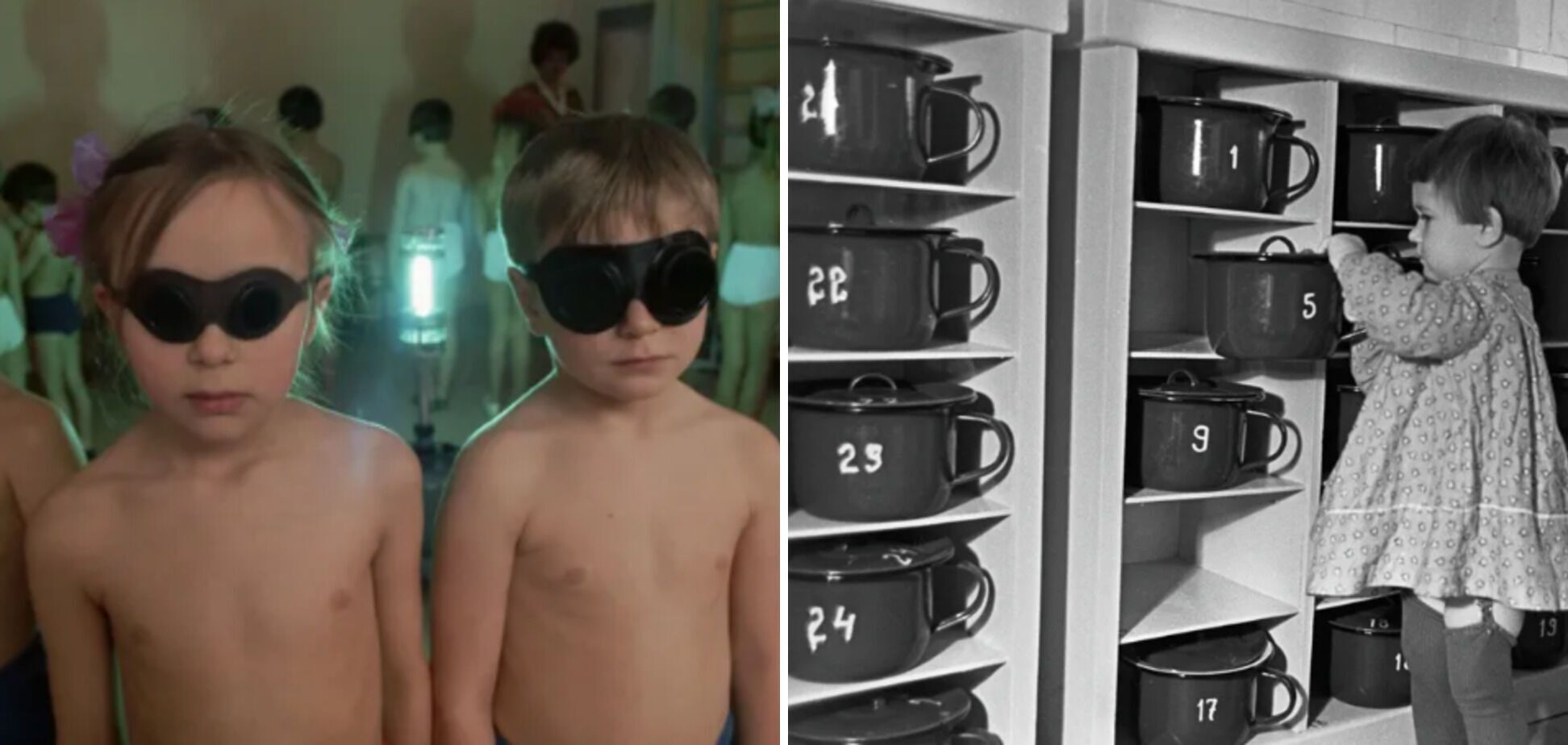News
Quartzing, sleeping outside, trips to the countryside: what kindergartens in the USSR are remembered for
For many of us, childhood memories are associated with fairy tales, games, friendship and serenity. However, for those who grew up in the Soviet Union, these memories have a special connotation.
Kindergartens in the USSR had their own specific atmosphere, which cannot be compared with modern institutions for preschoolers. About some strange rules and innovations read in the material OBOZ.UA.
Sleeping in the street
Another practice was sleeping outdoors, regardless of the time of year. Since the early years of the Soviet Union, tuberculosis became a serious threat to public health, so the country took radical measures to combat it. One of them was to harden children.
In winter, children were dressed in warm blankets and down jackets or bought special sleeping bags, and in summer they were provided with light blankets and placed on cribs in the open air. Over time, however, these practices began to lose popularity. Until the 70s, kindergartens in the USSR refused to sleep outside in the winter, although quiet time in the fresh air in the summer remained until the 90s.
Quartzing
One of the most characteristic features of kindergartens in the USSR was quartzing - regular irradiation of rooms with quartz lamps for disinfection. It was believed that this was a way to destroy all harmful bacteria and viruses, ensure the health of children and protect them from rickets.
A special room in kindergartens was set aside for this procedure. Each child was given special glasses and stripped down to their underwear. After that they stood in a circle and were exposed to radiation for 10-15 min.
Potty boarding
Another glaring aspect of Soviet kindergartens was potty boarding, which provided no convenience or privacy for children. For the younger groups, there were clear rules about when and how many times a day children had to go to the toilet. Therefore, it was not uncommon for nannies to sit all the children on cold metal pots at the same time.
Five-day schedule
The emergence of kindergartens with the regime of "five-day" was a real salvation for many working parents who could not take their children home every day. This format, in which kindergartens took the kids a week, from Monday to Friday, was introduced in the 60s. However, for the children themselves, this regime was a serious challenge, because 7 days without parents was a huge period of time for preschoolers.
In the 90s, this practice almost disappeared, and modern psychologists unanimously agree that "five days" was too traumatic for young children.
Trips to the dacha
Children especially remembered collective summer trips to the dacha, which were organized by kindergartens in the warm season. It was a real adventure for kids, going out of town together with teachers. They spent the whole warm season there in the fresh air, away from the bustle of the city, but as in the case of "five-day", the absence of parents around for a long time left its mark on the psyche of children.
Subscribe to OBOZ.UA channels in Telegram and Viber to be aware of the latest events.




























